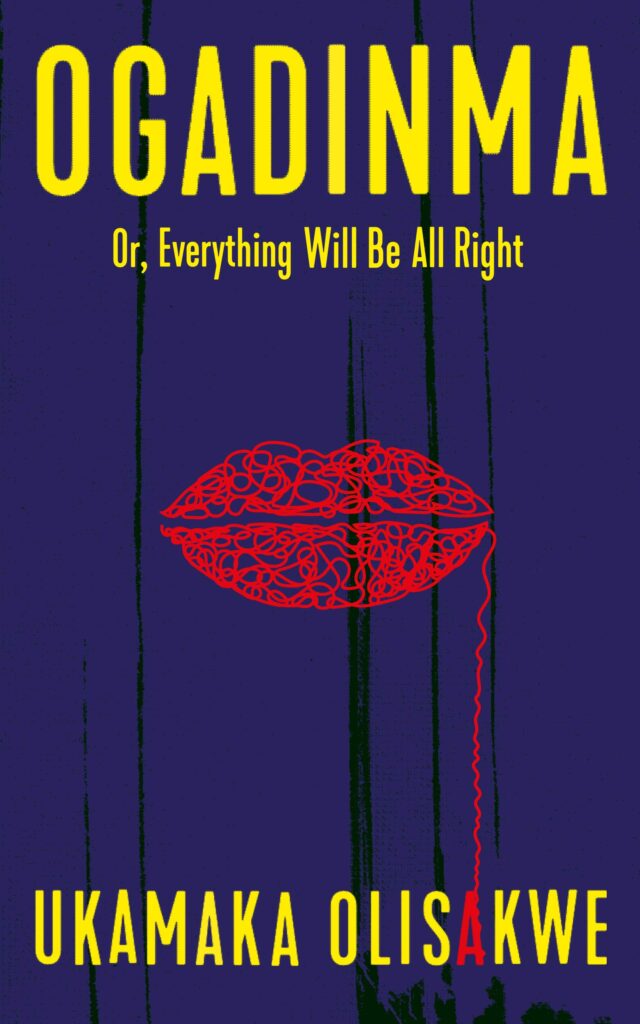
Ogadinma Or, Everything Will be All Right tells the story of the naïve and trusting teenager Ogadinma as she battles against Nigeria’s societal expectations in the 1980s. After a rape and unwanted pregnancy leave her exiled from her family in Kano, thwarting her plans to go to university, she is sent to her aunt’s in Lagos and pressured into a marriage with an older man.
When their whirlwind romance descends into abuse and indignity, Ogadinma is forced to channel her independence and resourcefulness to escape a fate that appears all but inevitable. Ogadinma, the UK debut by Ukamaka Olisakwe, introduces a heroine for whom it is impossible not to root, and announces the author as a gifted chronicler of the patriarchal experience. READ MORE
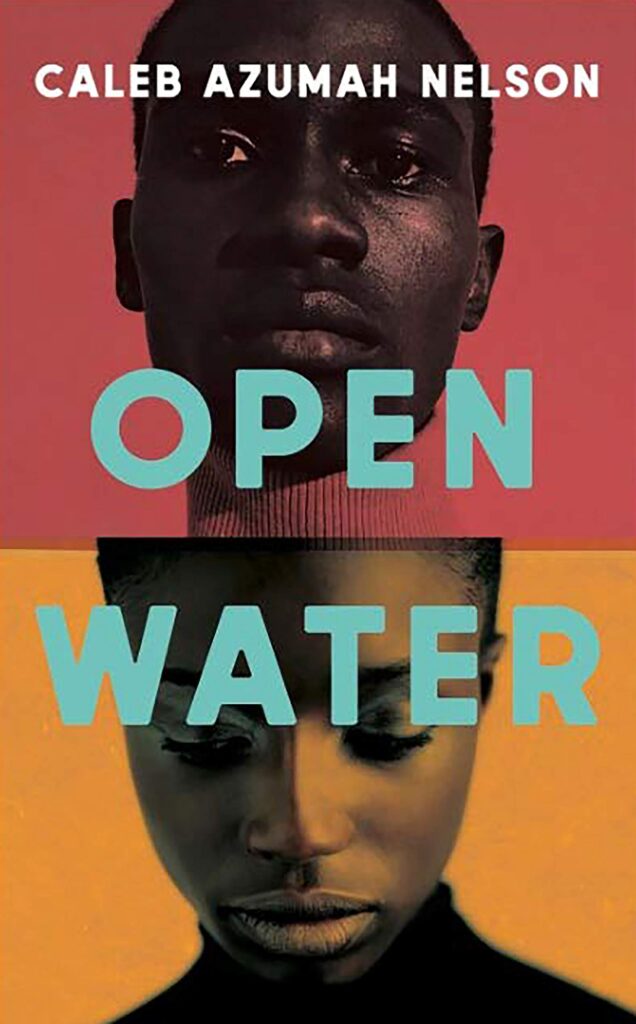
In a crowded London pub, two young people meet. Both are Black British, both won scholarships to private schools where they struggled to belong, both are now artists—he a photographer, she a dancer—and both are trying to make their mark in a world that by turns celebrates and rejects them. Tentatively, tenderly, they fall in love. But two people who seem destined to be together can still be torn apart by fear and violence, and over the course of a year they find their relationship tested by forces beyond their control.
Narrated with deep intimacy, Open Water is at once an achingly beautiful love story and a potent insight into race and masculinity that asks what it means to be a person in a world that sees you only as a Black body; to be vulnerable when you are only respected for strength; to find safety in love, only to lose it. With gorgeous, soulful intensity, and blistering emotional intelligence, Caleb Azumah Nelson gives a profoundly sensitive portrait of romantic love in all its feverish waves and comforting beauty. READ MORE
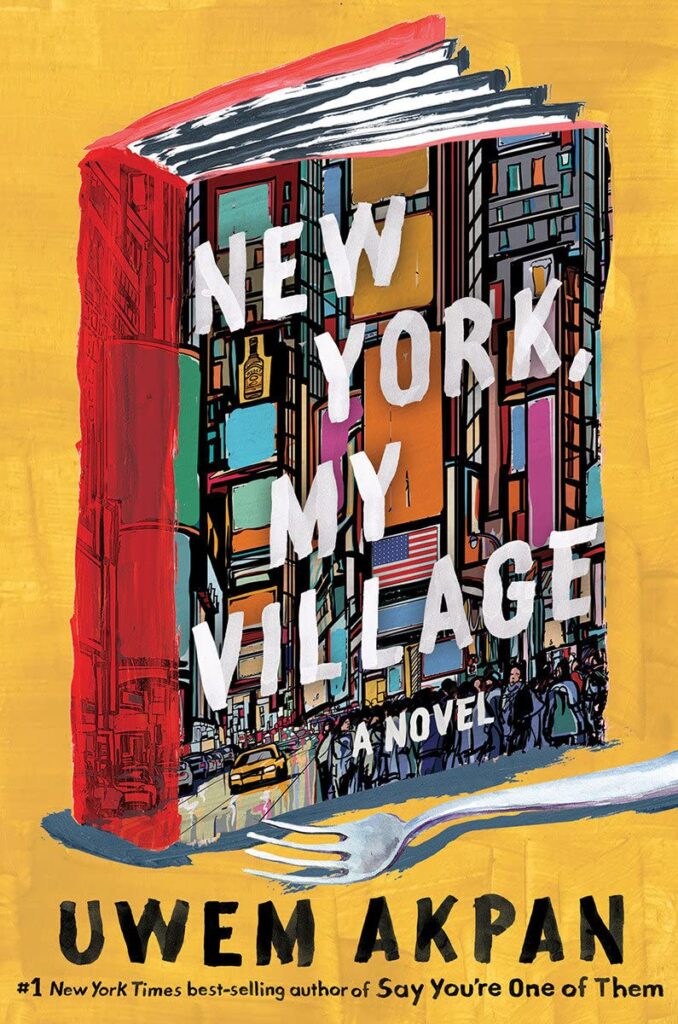
Reckoning, at the same time, with the recent history of the devastating and brutal Biafran War, in which Ekong’s people were a minority of a minority caught up in the mutual slaughter of majority tribes, Ekong’s life in New York becomes a saga of unanticipated strife. The great apartment deal wrangled by his editor turns out to be an illegal sublet crawling with bedbugs. The lights of Times Square slide off the hardened veneer of New Yorkers plowing past the tourists. A collective antagonism toward the “other” consumes Ekong’s daily life. Yet in overcoming misunderstandings with his neighbors, Chinese and Latino and African American, and in bonding with his true allies at work and advocating for healing back home, Ekong proves that there is still hope in sharing our stories. READ MORE
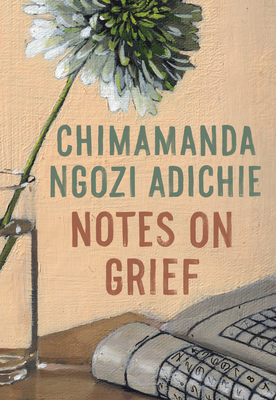
Expanding on her original New Yorker piece, Adichie shares how this loss shook her to her core. She writes about being one of the millions of people grieving this year; about the familial and cultural dimensions of grief and also about the loneliness and anger that are unavoidable in it. With signature precision of language, and glittering, devastating detail on the page—and never without touches of rich, honest humor—Adichie weaves together her own experience of her father’s death with threads of his life story, from his remarkable survival during the Biafran war, through a long career as a statistics professor, into the days of the pandemic in which he’d stay connected with his children and grandchildren over video chat from the family home in Abba, Nigeria. READ MORE
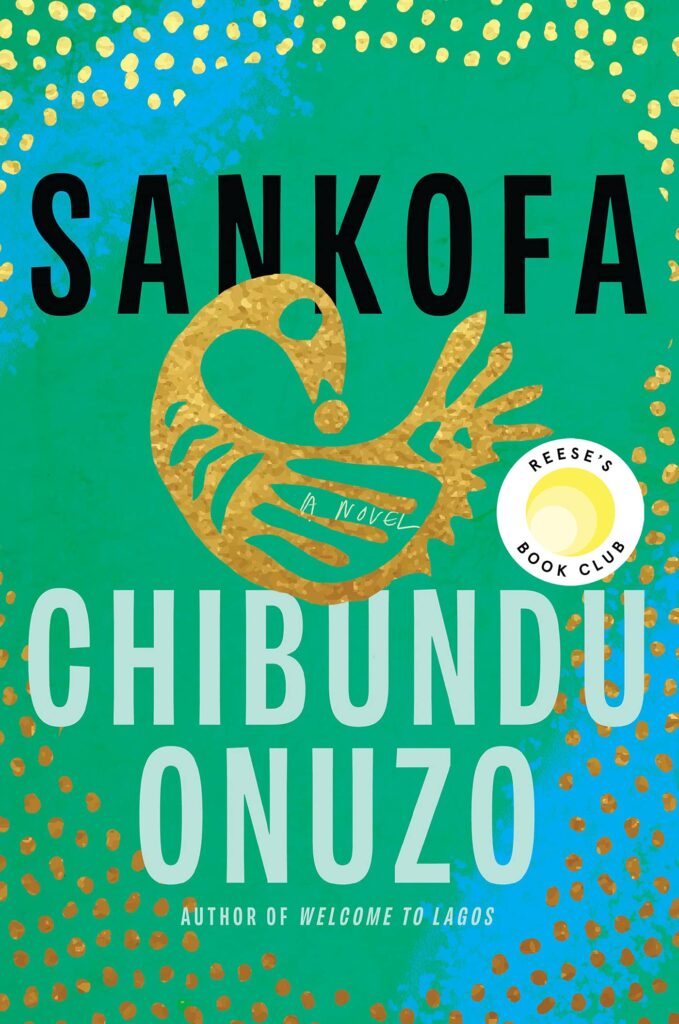
When Anna decides to track her father down, a journey begins that is disarmingly moving, funny, and fascinating. Like the metaphorical bird that gives the novel its name, Sankofa expresses the importance of reaching back to knowledge gained in the past and bringing it into the present to address universal questions of race and belonging, the overseas experience for the African diaspora, and the search for a family’s hidden roots.
Examining freedom, prejudice, and personal and public inheritance, Sankofa is a story for anyone who has ever gone looking for a clear identity or home, and found something more complex in its place. READ MORE
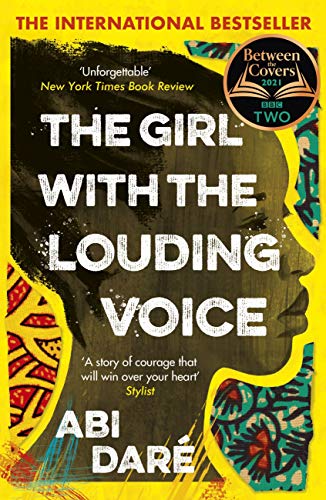
The unforgettable, inspiring story of a teenage girl growing up in a rural Nigerian village who longs to get an education so that she can find her “louding voice” and speak up for herself, The Girl with the Louding Voice is a simultaneously heartbreaking and triumphant tale about the power of fighting for your dreams.
Despite the seemingly insurmountable obstacles in her path, Adunni never loses sight of her goal of escaping the life of poverty she was born into so that she can build the future she chooses for herself – and help other girls like her do the same. READ MORE
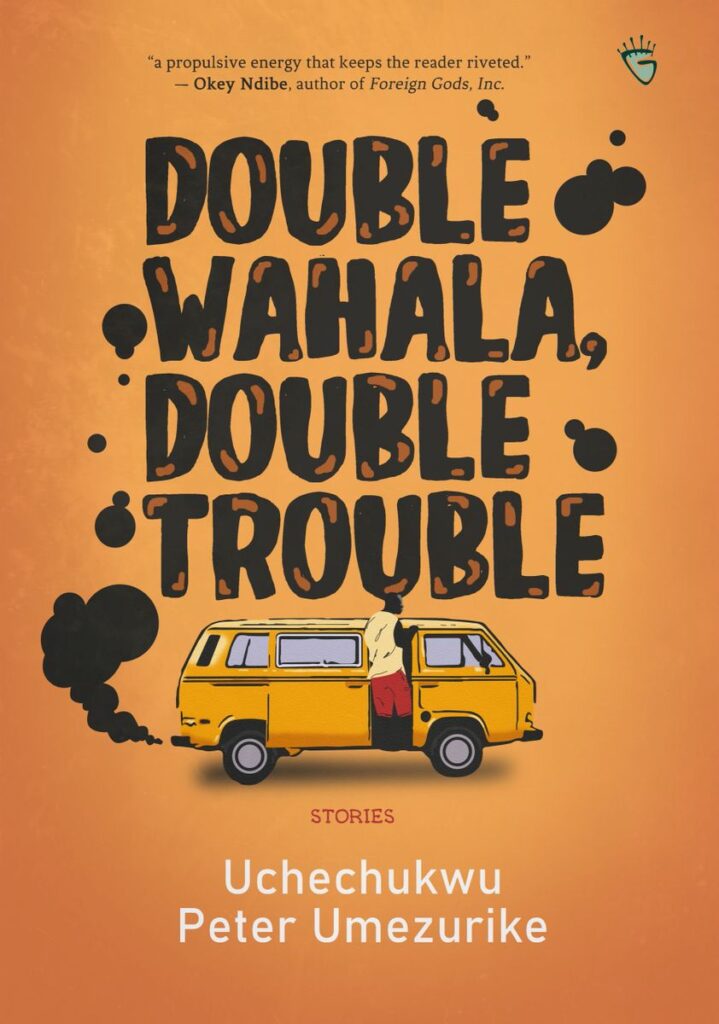
A woman chops off her finger to demonstrate her fidelity to her lover. A mother loses her mind upon discovering that her husband has left her and their only child. An artist seeks to unravel why his neighbour’s face enchants him. A passenger on a bus acts as an emissary of death. Meet some of the characters in Double Wahala Double Trouble, a collection of eleven stories by the award-winning poet, short story writer, children’s novelist, and literary scholar. In this stunning collection, Umezurike lures the reader into a journey of the absurd and the grisly to show us men and women struggling to live, desire, love, and thrive against the eddy of troubles in their world. READ MORE
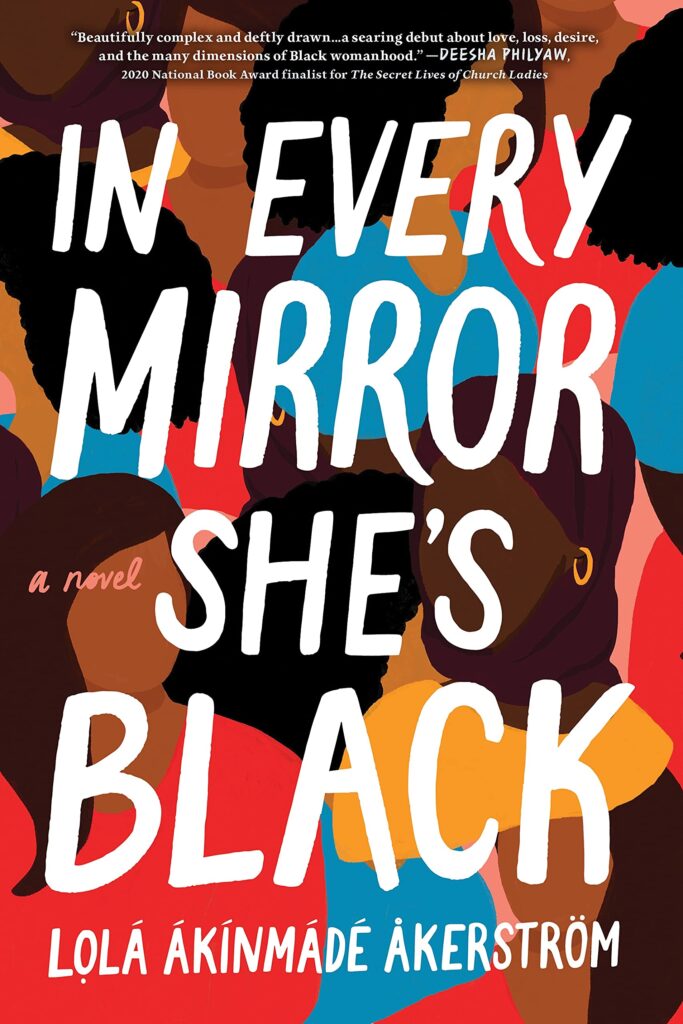
Three Black women are linked in unexpected ways to the same influential white man in Stockholm as they build their new lives in the most open society run by the most private people.
Successful marketing executive Kemi Adeyemi is lured from the U.S. to Sweden by Jonny von Lundin, CEO of the nation’s largest marketing firm, to help fix a PR fiasco involving a racially tone-deaf campaign. A killer at work but a failure in love, Kemi’s move is a last-ditch effort to reclaim her social life.
A chance meeting with Jonny in business class en route to the U.S. propels former model-turned-flight-attendant Brittany-Rae Johnson into a life of wealth, luxury, and privilege—a life she’s not sure she wants—as the object of his unhealthy obsession. READ MORE
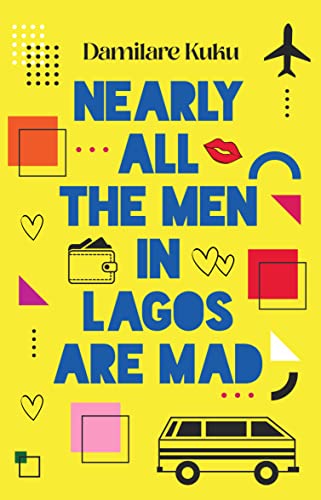
A collection of short stories, structured as case-studies, and a form of love letter in solidarity with the women who have survived romantic relationships with men in Lagos….it deftly analyses the various archetypes women are likely to encounter in the dating scene in the city – from serial cheaters, to mummy’s boys, from the ‘fake it till you make it’ adherents to the ones who can’t commit.
This book underscores with wit, humour, wisdom, and sensitivity the perils of trying to find lasting love and companionship in Africa’s craziest city that will prove universal and illuminating. READ MORE
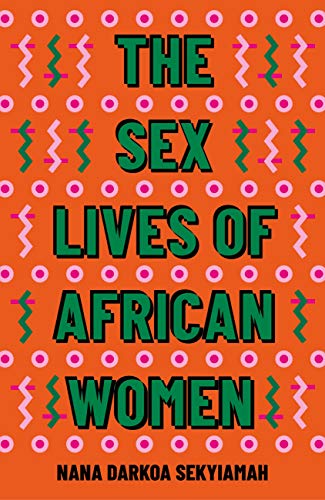
The Sex Lives of African Women uniquely amplifies individual women from across the African continent and its global diaspora, as they speak of their diverse experiences of sex, sexualities and relationships. Many of the women who tell their stories in this collection recall the journeys they have travelled in order to own their own sexualities. They do this by grappling with experiences of child sexual abuse, resisting the religious edicts of their childhood, and by asserting their sexual power.
From finding queer community in Egypt to living a polyamorous life in Senegal to understanding the intersectionality of religion and pleasure in Cameroon to choosing to leave relationships that no longer serve them, these narratives are as individual and illuminating as the women who share them. READ MORE
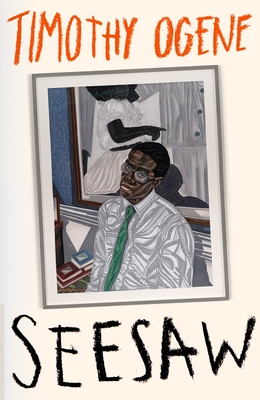
A ‘recovering writer’ – his first novel having been littered with typos and selling only fifty copies – Frank Jasper is plucked from obscurity in Port Jumbo in Nigeria by Mrs Kirkpatrick, a white woman and wife of an American professor, to attend the prestigious William Blake Program for Emerging Writers in Boston.
Once there, however, it becomes painfully clear that he and the other Fellows are expected to meet certain obligations as representatives of their ‘cultures.’ His colleagues, veterans of residencies in Europe and America, know how to play up to the stereotypes expected of them, but Frank isn’t interested in being the African Writer at William Blake – and anyway, there is another Fellow, Barongo Akello Kabumba, who happily fills that role. READ MORE
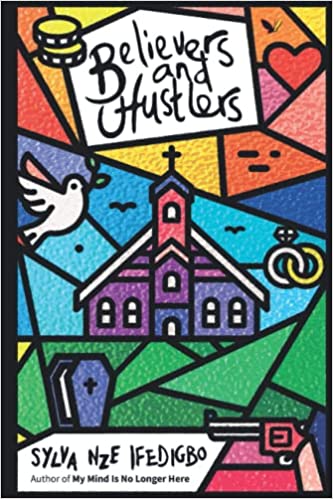
Religious fanaticism is one theme that jumps out of the pages of this book. For instance, Ifenna’s girlfriend leaves him the day he finds out he runs the blog behind the expose on his pastor. The love she has always professed to have for him is not strong enough to place him above her pastor. Without any evidence, she assumes Ifenna is being paid to write ‘rubbish’ about her pastor and when the pastor is taken in by the authorities, she refuses to quit the church, just like hundreds of others who simply believe their spiritual leader is a victim of persecution. As far as these followers are concerned, ‘touch not my anointed’ is a law they consider breaking as the height of blasphemy. READ MORE
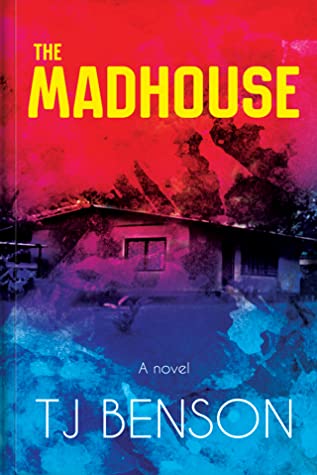
A house brings two unique people together by the unlikeliest of chances. In their union, that of an almost priest and a prodigal daughter, two brothers whose bond transcend the laws of nature are born.
André and Max have a seemingly blissful life until the boys start sharing dreams and their lives begin to unravel. Murderous thoughts, manic dreams, and their somewhat unbreakable wandering between reality and reverie, would lead them down unknown paths that threaten to severe their family ties. READ MORE
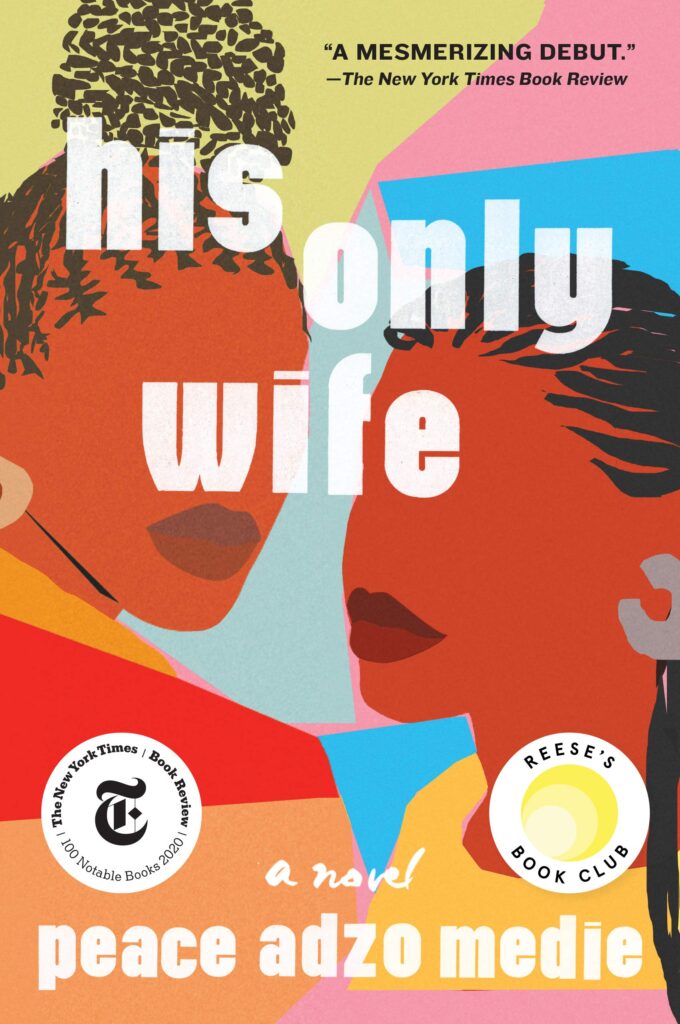
Afi Tekple is a young seamstress in Ghana. She is smart; she is pretty; and she has been convinced by her mother to marry a man she does not know. Afi knows who he is, of course—Elikem is a wealthy businessman whose mother has chosen Afi in the hopes that she will distract him from his relationship with a woman his family claims is inappropriate. But Afi is not prepared for the shift her life takes when she is moved from her small hometown of Ho to live in Accra, Ghana’s gleaming capital, a place of wealth and sophistication where she has days of nothing to do but cook meals for a man who may or may not show up to eat them. She has agreed to this marriage in order to give her mother the financial security she desperately needs, and so she must see it through. Or maybe not? READ MORE
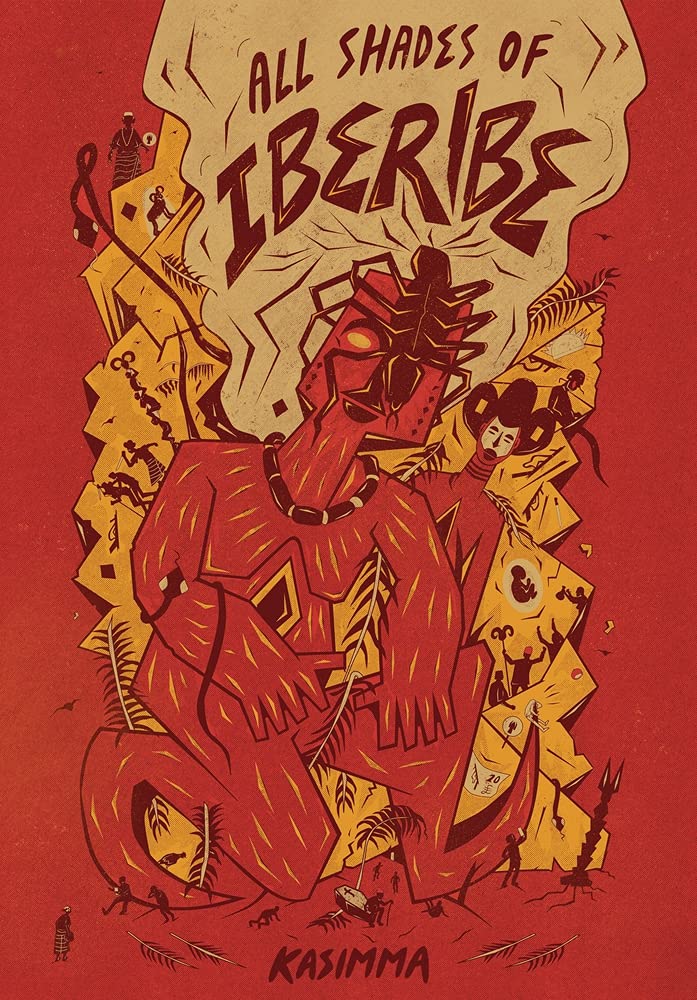
In the Nigerian language Igbo “iberibe” means “messed up.” This stunning short story collection by Kasimma grabs readers and pulls them into the cities and villages of today’s Nigeria. Against the glare of smart phone screens, spirits of the dead flicker, elders admonish their grown children, rituals are done in secret, and the scars of war are just below the surface in the lives of astonishingly vivid characters. Kasimma’s stories effortlessly inhabit the dark, alluring, and beautiful spaces between mystical Nigerian traditions and our strange contemporary condition. READ MORE
- The Child of Congo, A Writer in Every Form Written — Interview with Laurène Southe
- How to Read 150 Books in One Year: Visiting Ezioma Kalu’s Manual
- A Poem after My Father Fell Off His Motorcycle | Ukata, Edwardson
- Bridges are for Burning: A Review of Friendships & Relationships
- Dying Once and Living Again in Adam Abubakar’s Newest Novel

